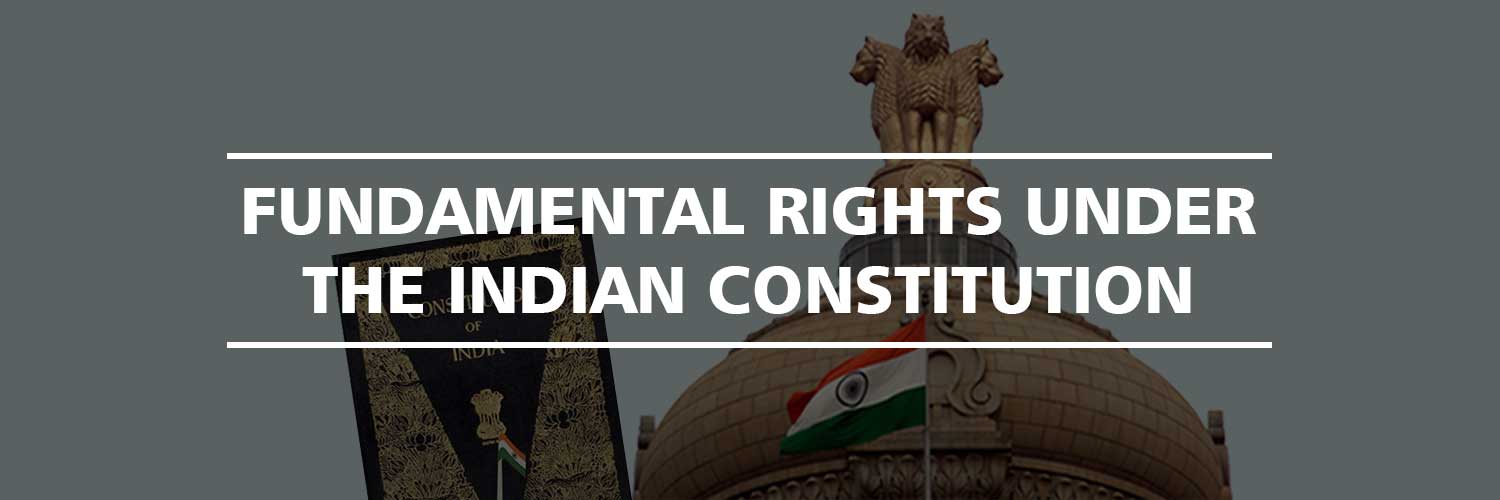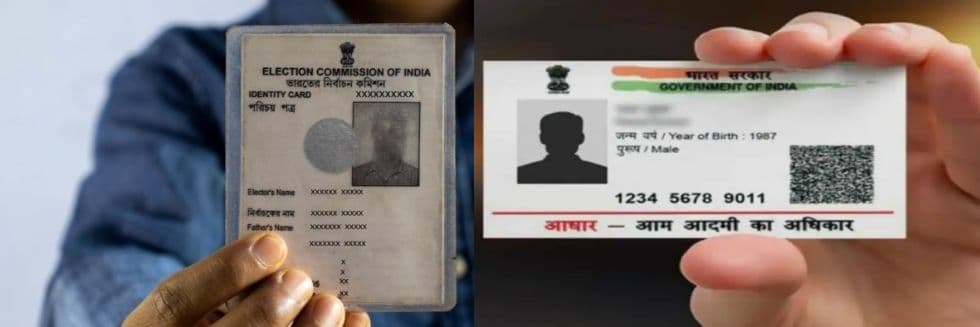The concept of reasonableness and non-arbitrariness is the very essence of our constitution and is the golden thread which runs through its fabric.
What is arbitrariness?
In simplest terms – determined by chance, whim, or impulse, and not by necessity, reason, or principle is known as arbitrariness.
What is Article 14?
Article 14 of the Indian Constitution guarantees to every citizen the Right to Equality. It applies the principle of Equality before the law and prohibits unreasonable discrimination between persons. The Constitution of India states Article 14 as follows:
“the State shall not deny to any person equality before the law or equal protection of the law within the territories of India.”
How did the concept of arbitrariness come into the picture?
The Doctrine of Arbitrariness has been coined by the Constitution bench of the Supreme Court in the Royappa Case[1]. It is a very prominent case where Article 14 was further interpreted and wider scope was given to it. Equality means to treat every person equally and without any discrimination made on the basis of sex, caste, religion, age, and politics. In this case, the Supreme Court laid a basic, new dimension to Article 14 and held it to be a guarantee against arbitrariness.
According to the Doctrine of Arbitrariness, “equal protection of the law” prohibits class legislation but permits reasonable classification of persons or things.
What is a NEXUS TEST?
In Anwar Ali Sarkar case[2], two test of reasonable classification was done. They are as follows:
- Ineligible Differentia: In this test classification is made in the grouped form where like should be treated alike and unlike should not be treated like.
- Rational Relation: In this test, the differential should have a rational relation with the object of the Act.
The classification is based on geographical nature, time, and nature of trade and occupation.
Case laws
Ajay Hasia v. Khalid Mujib Sehravardi (1981) 1 SCC 722
The court held that wherever there is arbitrariness in State action – be it of the legislature or of the executive or of any “authority” under Article 12, Article 14 must immediately spring into State action to strike down such state action. Article 14 is meant to strike back at arbitrariness because any action that is arbitrary involves negation of equality. In fact, the doctrine of classification is not the end of the objective of Article 14. It is meant merely to determine whether or not the legislative or executive action in question is arbitrary and therefore, it is a judicial formula to constitute the denial of equality. The concept of reasonableness and non-arbitrariness, in fact, is the essence of our constitution and is the golden thread which runs through its fabric.
In Maneka Gandhi v. Union of India [3], it was held that reasonableness is legally as well as philosophically an essential element of equality and non-arbitrariness. The principle of reasonableness is omnipresent in Article 14.
Similar viewpoints were given by Bhagwati J. in R.D. Shetty v. International Airport Authority [4].
In the Sharma Transport v. Government of A.P., [5] it was observed that the expression ‘arbitrarily’ means: in an unreasonable manner. An action fixed or taken capriciously or at pleasure, without adequately determining the principle is not found in the nature of things, it is non-rational. It merely implies depending on the will alone rather than acting according to reason or judgment.
Rajbala v. State of Haryana [6] the facts of the case were that the females or less privileged sections of Haryana were not allowed to vote or contest elections. This was simply a violation of their fundamental right and was arbitrary as there was no reasonable ground to omit them from voting or contesting the elections. In an attempt to safeguard Article 14, the Court held that females should also be given the right to vote and contest elections. No discrimination should be made on the basis of gender.
What action can you take against arbitrariness?
If Article 14 is violated due to illegal, irrational or arbitrary action, the writ jurisdiction can be invoked by filing a petition in the Supreme Court or High Court under Article 32 and 226 of Indian Constitution respectively.
Conclusion
To reiterate, Article 14 forbids class legislation but does not forbid reasonable legislation. Arbitrariness occurs when the classification is made without any specific reason, and the likes are not treated alike. If Article 14 makes classification arbitrarily, then it amounts to be discriminatory in nature which proves to go against the very nature of our constitution.
[1] E.P. Royappa v. State of Tamil Nadu (1974) 4 SCC 3
[2] State of West Bengal v. Anwar Ali Sarkar, AIR 1952 SC 75
[3] (1978) 1 SCC 248
[4] (1979) 3 SCC 489
[5] (2002) 2 SCC 188
[6] (2016) 2 SCC 445








